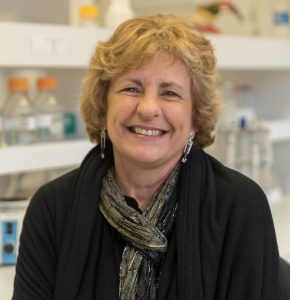OFFICERS
 |
 |
 |
 |
| President | Vice-President | Treasurer |
Secretary |
BOARD MEMBERS
 |
 |
 |
 |
| Sarah Bergen, Ph.D. | Lea K. Davis, Ph.D. | Barbara Franke, Prof. Dr. | |
 |
 |
 |
|
| Chunuy Liu, Ph.D. | Andrew McIntosh, M.D. | Sarah Medland, Ph.D. | |
 |
 |
 |
|
| Benjamin Neale, Ph.D. | Danielle Posthuma, Ph.D. | Henriette Raventós, M.D. |
|



 Jehannine Austin, Ph.D.
Jehannine Austin, Ph.D.  James Potash, MD, MPH
James Potash, MD, MPH Naomi Wray, Ph.D
Naomi Wray, Ph.D Sarah Bergen, Ph.D.
Sarah Bergen, Ph.D. Lea K. Davis, Ph.D.
Lea K. Davis, Ph.D. Barbara Franke, Prof. Dr.
Barbara Franke, Prof. Dr. Hailiang Huang, Ph.D.
Hailiang Huang, Ph.D.  Andrew McIntosh, M.D.
Andrew McIntosh, M.D. Sarah Medland, Ph.D.
Sarah Medland, Ph.D.

 Professor Dr. Danielle Posthuma
Professor Dr. Danielle Posthuma  Henriette Raventós, M.D.
Henriette Raventós, M.D.